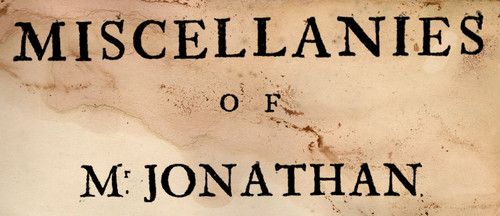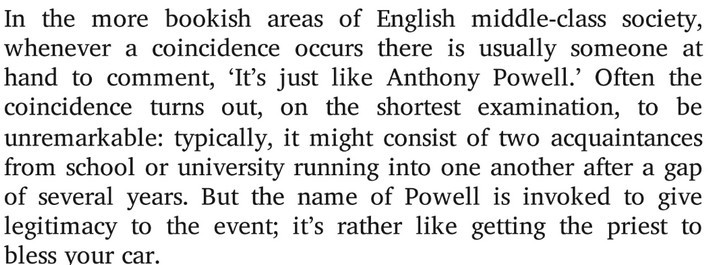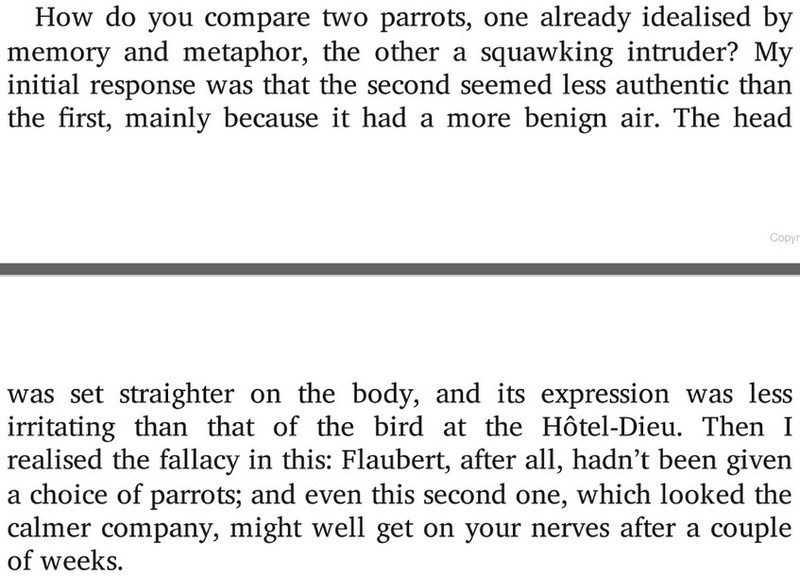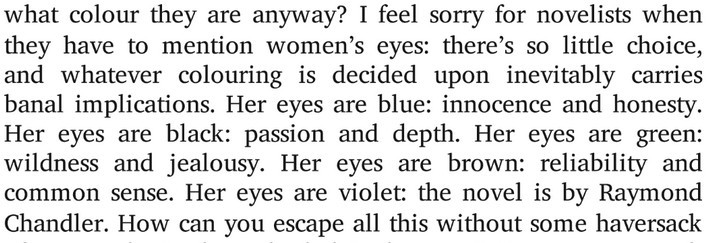
unearths some literary gems.
From Flaubert's Parrot, by Julian Barnes:
***
The parrot, he wrote, had been on his desk for three weeks, and the sight of it was beginning to irritate him.
***
You could say that the parrot, representing clever vocalisation without much brain power, was Pure Word....Is the writer much more than a sophisticated parrot?
***
From a neighbouring room a telephone imitated the cry of other telephones.
***
What had Flaubert done with [the stuffed parrot] after finishing Un coeur simple? Did he put it away in a cupboard and forget about its irritating existence until he was searching for an extra blanket?
***
[writes Flaubert] "Me and my books, in the same apartment: like a gherkin in its vinegar."
***
[SPOILER ALERT] There are no parrots in Madame Bovary.
***
And if you don't like these ironies, I have others.
***
The correct word, the true phrase, the perfect sentence are always ‘out there’ somewhere; the writer’s task is to locate them by whatever means he can. For some this means no more than a trip to the supermarket and a loading-up of the metal basket; for others it means being lost on a plain in Greece, in the dark, in snow, in the rain, and finding what you seek only by some rare trick such as barking like a dog.
***
It was a curious ménage: the girl, the uncle, the grandmother--a solitary representative of each generation, like one of those squeezed houses you sometimes see with a single room on each storey. (The French call such a house un baton de perroquet, a parrot's perch.)
***
[The arrival of the railways] produced a new figure at the dinner table: the railway bore....In June 1843 [Flaubert] pronounced the railways to be the third most boring subject imaginable.
***
[From Flaubert's Dictionnaire de idées reçues, which we learn was a sort of ironic etiquette guide cum devil's dictionary]
'Always go into ecstasies about [the railways'] invention, and say: "I, Monsieur, I who am even now speaking to you, was only this morning at X. . .; I left by the X-o'clock train; I did the business I had to do there; and by X-o'clock I was back."'
***
Do the books that writers don't write matter?
***
The books he fails to write once he has announced his profession...are the not-books for which he must take responsibility.
***
[Re. the protagonist's own version of a "dictionary of received ideas," specifically about Flaubert clichés, and including one entry for each letter of the alphabet]
The letter X is going to be a problem, I can see.
[But what about "X-o'clock"! Alas, a missed opportunity, for when this mini-work appears later in the novel, the protag has cheated by writing, under X, "XYLOPHONE: There is no record of Flaubert ever having heard the xylophone." Granted, it made me laugh.]
***
A pier is a disappointed bridge; yet stare at it for long enough and you can dream it to the other side of the Channel. The same is true with these stubs of books.
***
He spread his hands slowly on the table, in a conjuror's calming gesture.
***







